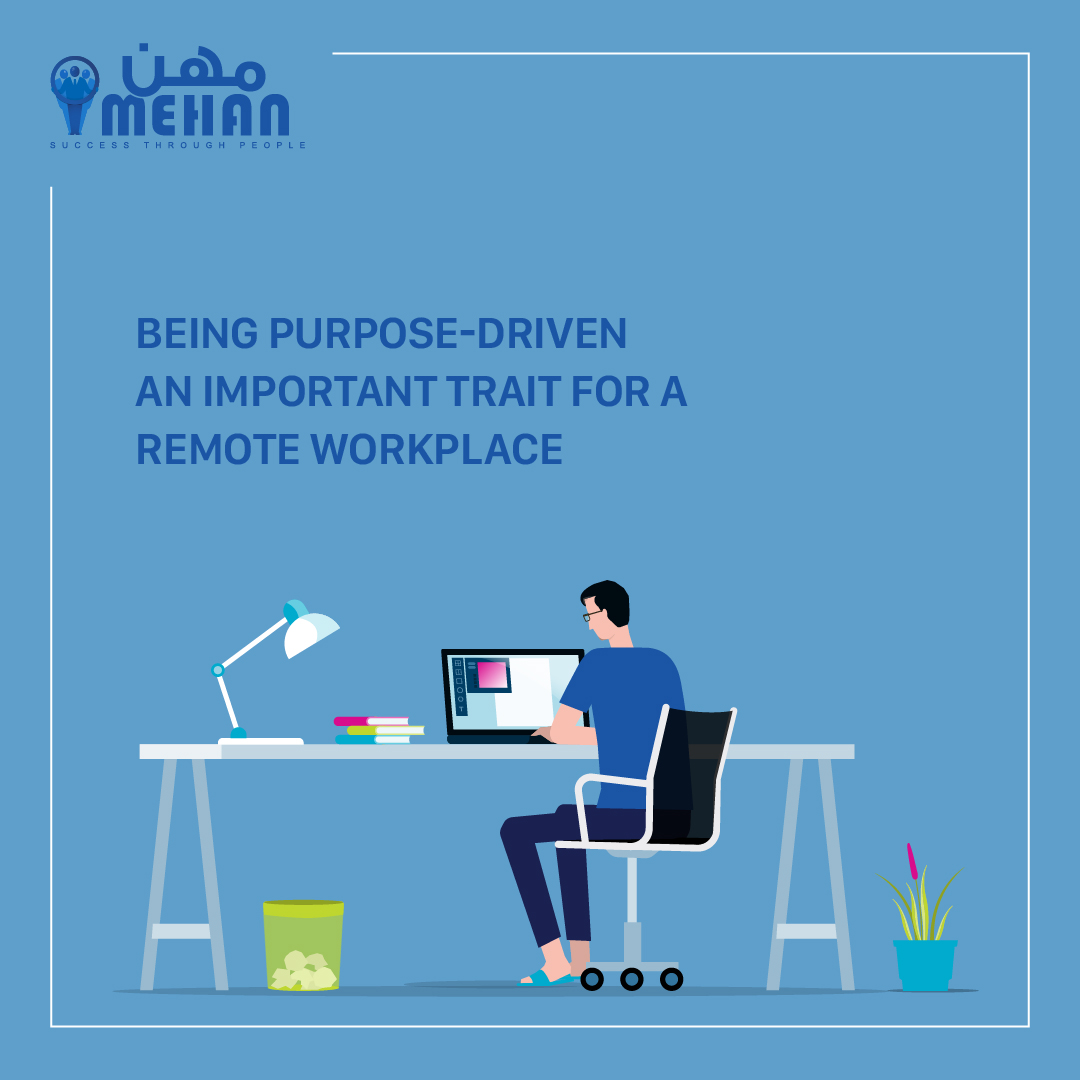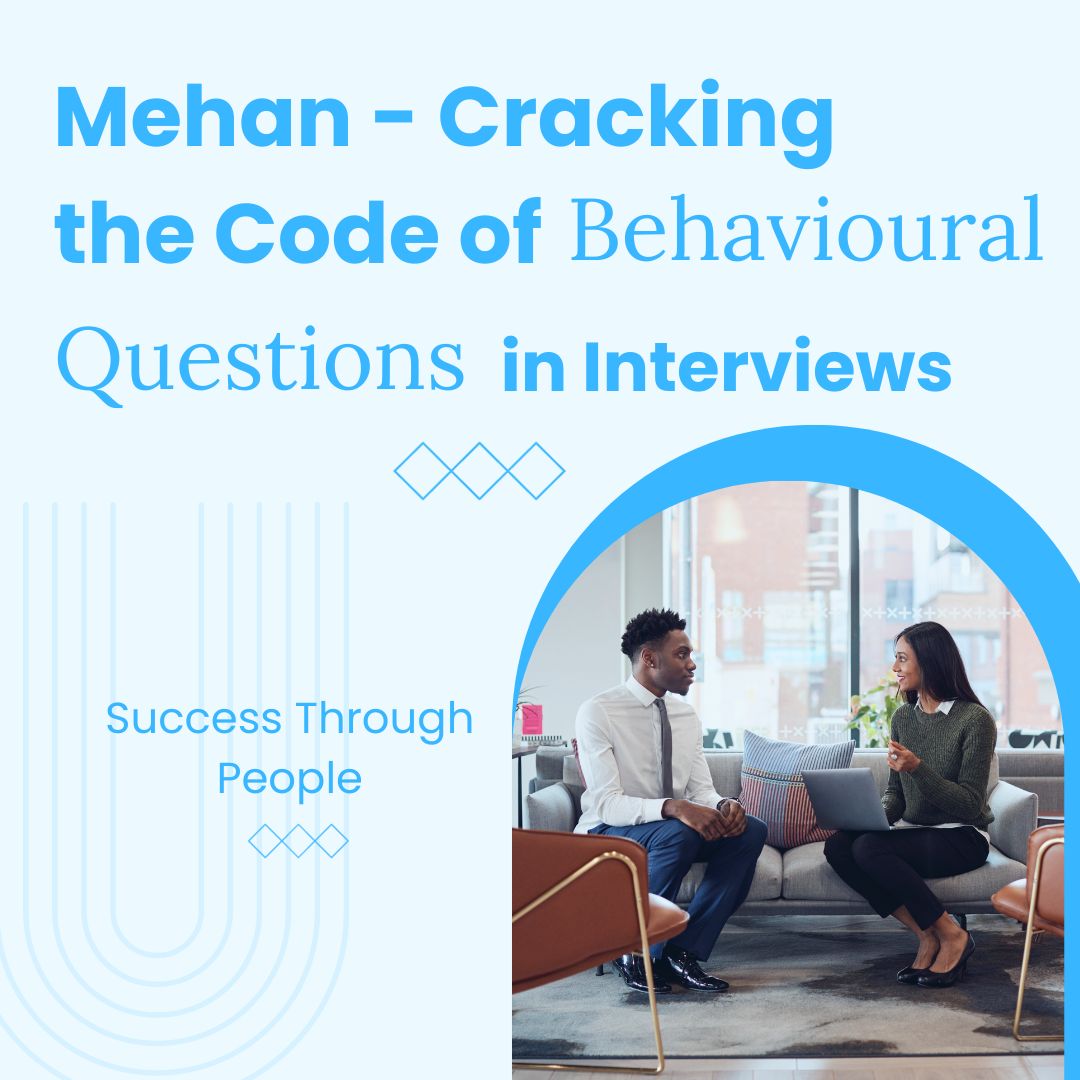
A clear purpose is everything to a progressive organization that generates economic value. Having a purpose for the organization does not directly influence profit but it reflects something aspirational within the company and its team. The purpose is what gives meaning to your daily activities at the organization and rallies support and commitment among the employees while also inspiring customer loyalty. Metaphorically, it can be compared to the foundation of a house or a building structure or what a conductor is to an orchestra. The reason for the existence of your company, what problems does it find solutions to, or the “Why”. If this Purpose is nailed down and embedded into the fabric of your organization and understood by the employees, it can aid you in solving the challenges you are facing in your shift to a flexible workplace.
Though remote working is here to stay, a significant number of business leaders fear a downward trend in productivity and commitment sometime down the line. A study conducted by PwC revealed that a whopping 79% of business heads believe that purpose is the key to success. It is not the first time, that businesses tried to fathom their existence and what they mean to their customers. But the trend now, based on numerous studies is that companies are using this important trait to forge deeper meaningful connections with their customers and give back to the community with which they work, attract, and retain talent, and in the process, are achieving greater results and impact.
Some organizations fail to see Purpose as a perfect ideal to work with. They consider it merely as a tool to advertise who they are and what they stand for to capture more market share. There is another subset of companies that believe consumers are only loyal to the cheapest product in the market. While that is true, studies by Deloitte show that the differences between them and purpose-driven organizations are longevity and authenticity, i.e., they last longer and possess legitimacy. Those who fail to communicate their reason for existence and are not genuine about it may survive a short period of time but fizzle out in the long run.
The Purpose-led Future
The pandemic has been a humbling experience for organizations that normally feel strong and in control. But it has also given companies a taste of why being purpose-led is essential while being difficult as there is no playbook for the transformation from profit-led to purpose-led. Exactly like how there is no rulebook for how to operate in a world where your employees are working from home or elsewhere. This predicament has inspired new kinds of conversations between organizations and their stakeholders based on joint wellbeing instead of traditional business objectives. At its root, the pandemic has shown us how important is the relationship between a business and society and vice-versa. The flaw in a profit-led strategy of the business is clear when you look at the nearly irreversible damages caused by the pandemic even to the largest corporations. Generating profits should not be the purpose because they are an outcome and cannot protect the business in case of global disruption.
How would you know if you are purpose-driven?
The shift to a purpose-led business, where all stakeholders are rallied behind a common set of values and principles that benefit the community as a whole and all your business decisions are taken with those values in mind, can strengthen the company by making it more resilient and sustainable in the face of disruptions. So how do you know when you are one of these purpose-driven organizations? How do you know when employees do feel a sense of purpose that inspires them and motivates them every day? According to David Burkus, an Associate Professor of Leadership and Innovation at Oral Roberts University, there is a simple test that can give you a concise answer. Ask yourself, “What are you fighting for?” Even if that sounds like a bit too much, a question like that will cut through the noise and it forces your employees to think of what they want the company to work towards while contemplating a potential evil they may come up against. When you look at the research on what truly drives an individual’s sense of meaning and purpose, you need more than just a product or “innovative” business model.
The thing is, to inspire loyalty among your current and potential employees; you have to give the feeling that they are in the cause or a crusade not just a 9 to 5. They have to feel that their work with you has meaning and makes a difference in society. Purpose-driven organizations such as SpaceX, Amazon, and Zomato have made their cause clear and what would be the costs of failure. So, the real question to ask yourself when trying to be a purpose-driven company is: Does the mission or purpose of your organization make it clear what better future the company is working for, or what evil the company is working against?
The pandemic has given CEOs, business leaders, and society a moment of pause and reflection. It is critical for organizations to evaluate themselves and do an audit in the wake of COVID-19 and the emerging remote work-culture and make the changes required to thrive in a world where seismic shifts are taking place. Adopting a purpose-led strategy can be the foundation of this transformation.




